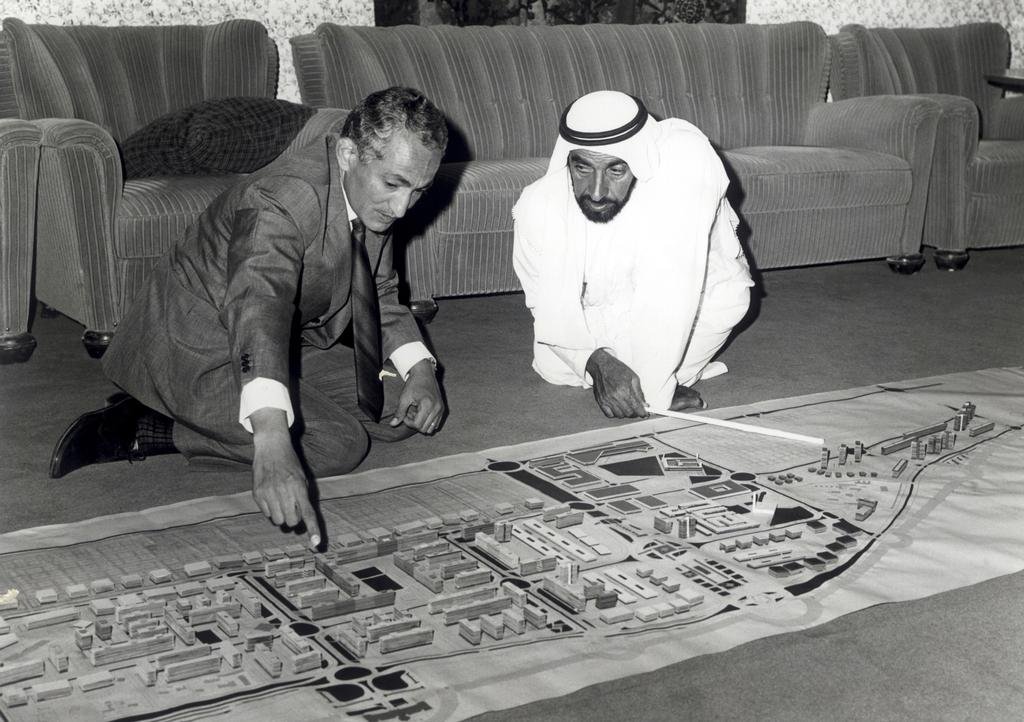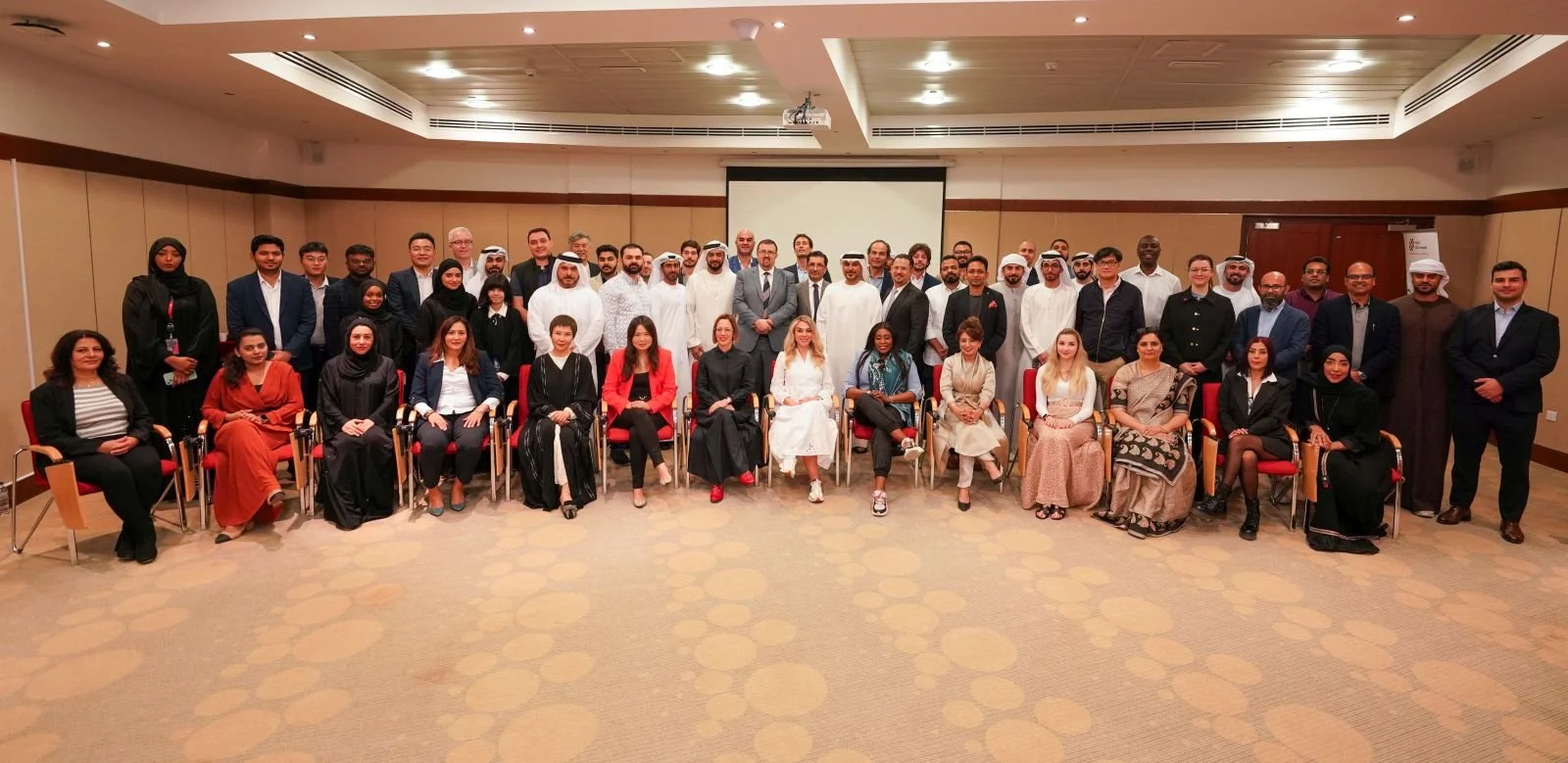The New Globalisation – Understanding The Real Meaning of Localisation
For a very long time, I struggled to explain to people the bigger picture driving our ‘localisation’ advisory services whenever I describe our business as a ‘people and business advisory firm that specialises in providing localisation solutions’.
That’s because the term ‘localisation’ is traditionally used to describe three services here in the GCC: Translation and documentation services, services designed to adapt website content to local markets, and services catered to the employment of local workforce. While we have been offering our clients services designed to attract, employ and develop local talent, I doubt we would be any good in providing translation services and helping clients with their websites.
For me personally, localisation goes beyond the three activities I just mentioned. I’ve always advocated for the adoption of a process where:
Local talent (nationals and expats) are empowered to deliver value,
Businesses have the capacity to adapt to local realities,
And the internal systems in the organisation (HR, Finance, Procurement, Marketing, etc) are aligned with local needs and opportunities.
That really was the thinking behind calling our company TBH. The three letters represented the verticals we aim to support and empower: Talent, Businesses, and Human Resources.
In our universe, the HR function should look at localisation as not only restricted to developing top employees of choice in the organisation or industry, but it is also about developing sustainable and impactful employers of choice.
For business operations, it is about understanding local processes and adapting internal systems and strategies to proactively become efficient and competitive.
For talent, it is about having the skills, knowledge and relationships that will enable them to become more competitive and grow successful careers.
In my view, what is at stake is often underrated or completely ignored : Fail to enable the growth of sustainable local and international businesses, and you risk a number of consequences from negatively impacting shareholder value, slowing down job creation in the local market, impacting of local supply chains and the financial stability of local communities.
Internationally, these consequences are at the heart of the many conflicts, protests and frustration among people about the distribution of value, fair competition in local markets and offering enough job and growth opportunities to citizens.
The Good New is…
The encouraging news is, there is a growing appreciation for the importance of localisation and what it entails by business leaders. A popular report published by Strategy + Business, a PWC publication with the title ‘Localisation is The New Globalisation’ noted that it observed that there was “a sharp increase in the measures that countries are taking to try to protect their citizens, their industries, and their national security”. The article also notes that “CEOs have become more dialled in and attuned to regional and national changes in policies and their implications”.
What is the More Accurate Definition of Localisation Today?
For us localisation is a set of strategies and processes developed to adapt an organisation’s products, services and people’s practices (HR) to align with the needs, language, cultural norms, and expectations of the local market in which they operate.
Here's a video of a Ted Talk where the speaker Archawat shares from his personal experience how localisation is the new globalisation. Watch from minute 1:09
How Has The Concept of Localisation Inspired us to Adapt?
Having had countless conversations with local and international business leaders, as well as government policy makers and local community representatives; we learnt that all the mentioned stakeholders ultimately share common interests and needs. These are:
The opportunity to see the growth of sustainable businesses that contribute positively to the economy and society.
The opportunity to develop capabilities within their respective communities or industries in a manner that allows them to become successful.
The opportunity to connect with each other, share market knowledge and best practices.
As a business advisory firm, we had to be honest with ourselves and accept that a traditional consulting approach alone may not be sufficient to address these needs. So, we took inspiration from an age-old tradition from the local GCC community known as the ‘Majlis’.
The Majlis
The majlis (or Myjlis in Emirati dialect) refers to private gatherings of locals where the attendees are hosted in the ‘majlis’ area of the house (this is normally a separate and comparatively larger sitting room in the house).
While the owner of the house is usually the host, the conversation is not necessarily dictated by him. In fact, it takes a more comfortable free-form with guests discussing various topics, and at times around the general theme of the majlis if there is one (some majlises discuss religious topics, others are known to discuss topics such as social issues, business, sports, etc). Majlises have been known to be places where locals connect with each other, strengthen relationships, share insights and there is an unwritten contract to commit to supporting each other where they can.
If you think of it, the emergence of the modern UAE and its cities in the late 60s and 70s was really the product of discussions and planning among locals and expat experts in different fields in majlises. Not board rooms, or formal one-to-one meetings. These would happen at a later stage.
Just observe the numerous pictures of the UAE leaders in the 70s, and you will notice these majlis gatherings hosted by one of the UAE government leaders at least, discussing plans over a large blueprint map of the city, with the presence of both Emiratis and expat professionals in a somewhat relaxed setting.
What is Myjlis?
Myjlis is a community-powered platform launched to build bridges between leaders of different communities and industries where they can connect, learn and grow together.
To achieve this we:
Organise private business majlises,
Provide guidance to businesses by tapping into our local guides (experts) from different industries
And deliver executive workshops and programs for business executives to learn more about their industry or the market in general as well as the opportunities present.
It’s important to note that the presence of local guides is essential to the value we offer, and so is our ability to support business leaders who approach us for our services.
If you are Interested in learning more, reach out to us on: info@myjlis.com
Learn about our company TBH and Myjlis on: www.tbhhubadvisory.me
Want to reach out to me personally, email me at: talib@tbhadvisory.me


